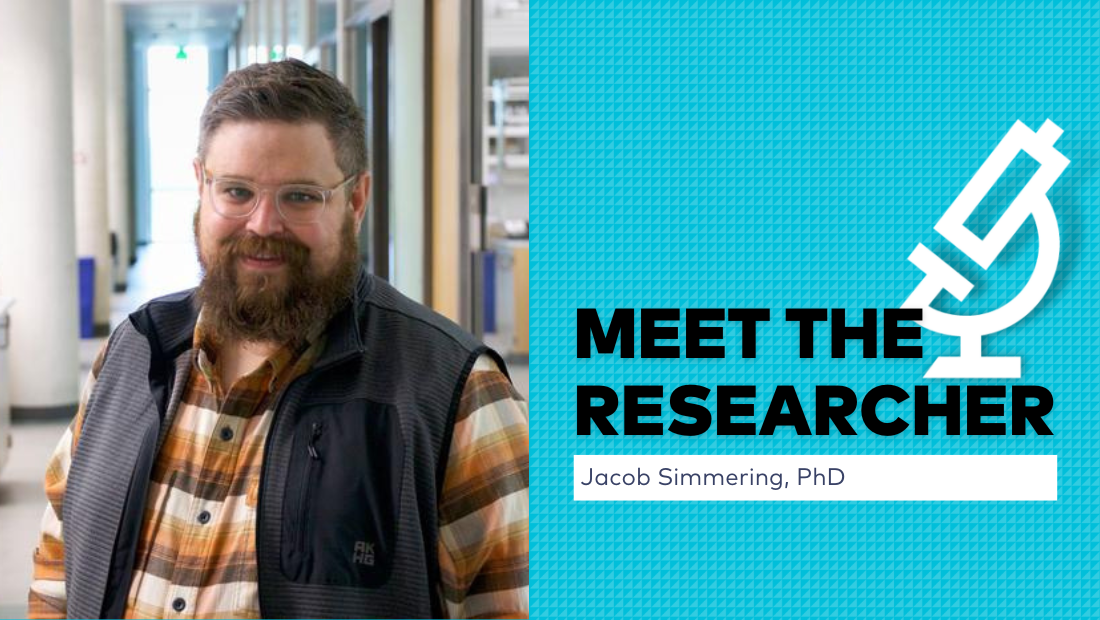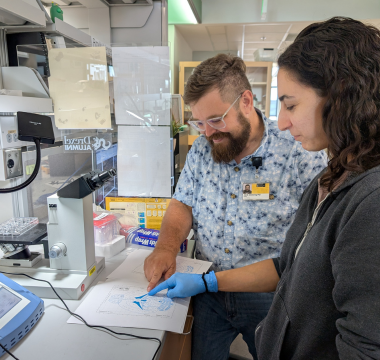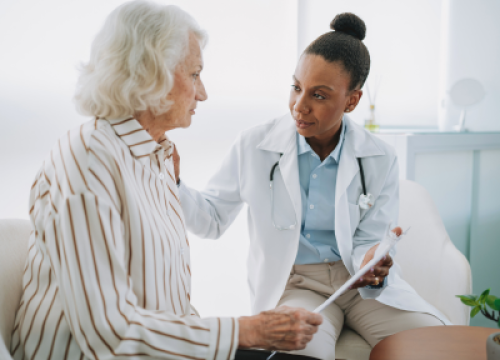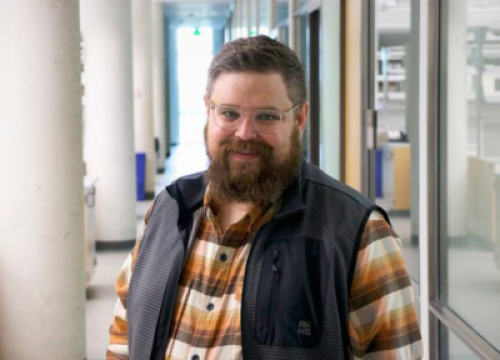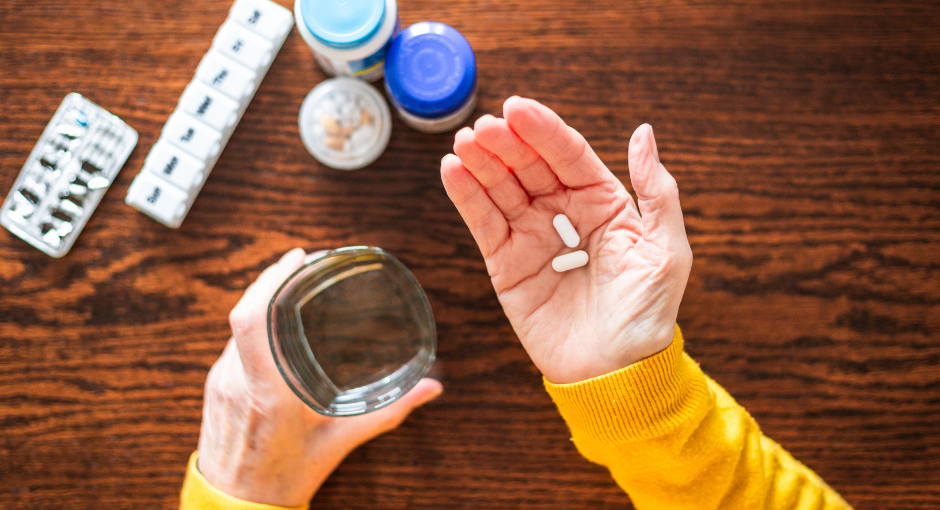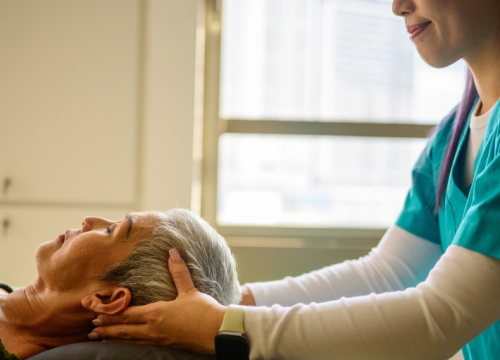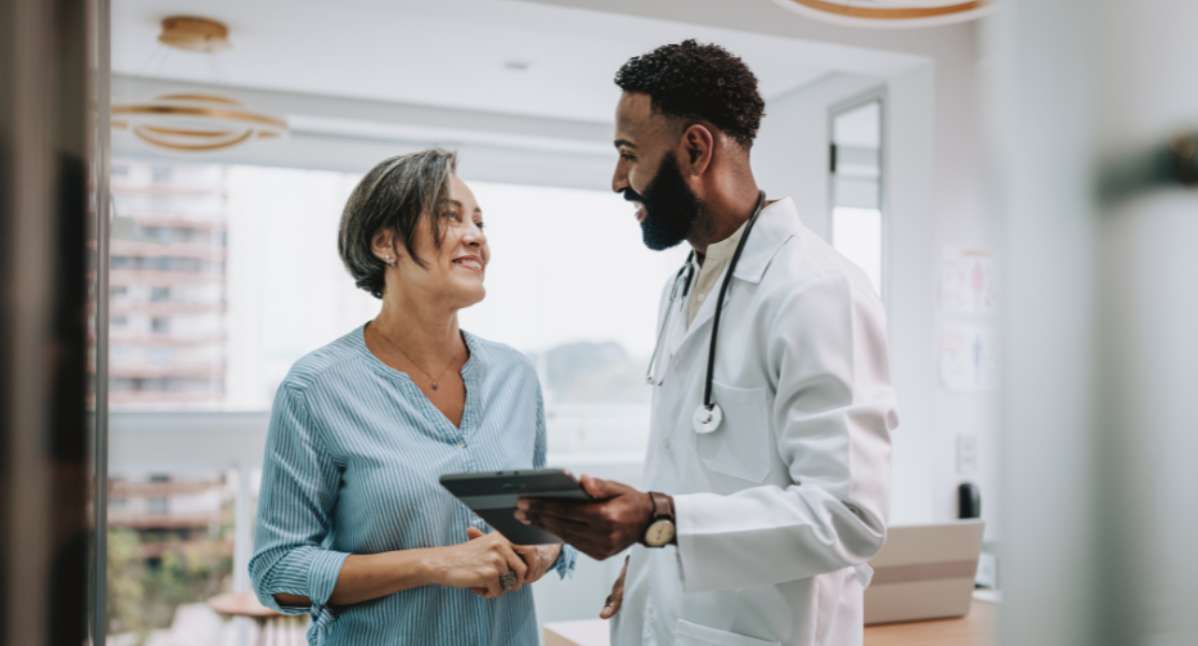Parkinson’s Foundation Shares Six Scientific Posters at International Congress of Parkinson’s Disease and Movement Disorders
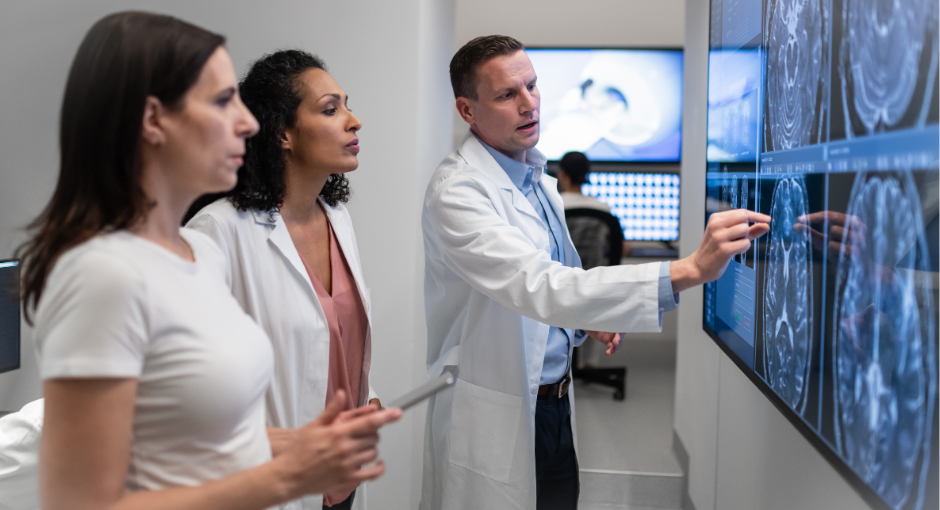
Every year, thousands of neurologists, researchers and other Parkinson’s disease (PD) experts gather at the International Congress of Parkinson’s Disease and Movement Disorders to share new ideas and breakthroughs aimed at transforming life for people with Parkinson’s. This year the conference took place October 5 in Honolulu, HI.
1. Returning Secondary Health Findings in the PD GENEration Study
PD GENEration: Powered by the Parkinson’s Foundation is a global research study providing genetic testing and counseling at no cost to people with Parkinson’s. Since 2019, the study has expanded to nearly 70 sites in the U.S. and internationally, enrolling more than 27,000 participants. PD GENEration also recently expanded its testing platform to provide secondary health findings to participants.
Using whole genome sequencing that looks at a person’s entire DNA, PD GENEration can now disclose 21 genes linked to either PD or parkinsonism and 10 non-PD related genes.
Key Takeaways
-
As of February 2025, 96% of study participants with whole genome sequencing consented to receive secondary health findings.
-
Gene-specific counseling materials were created to share this additional genetic health information with participants. A system was also established to review genes of secondary health findings as new research emerges.
-
Future studies will help researchers better understand how people feel after receiving these results.
Learn more & enroll in PD GENEration.
2. Engagement of PD GENEration Participants: Insights into Genetic Counseling Recall and Clinical Trial Interest
Previously, data for PD GENEration was only collected from participants at enrollment — this limited long-term insights. The Parkinson’s Foundation followed up with participants to better understand their PD GENEration experience and whether their views on joining the clinical research trial changed over time.
Key Takeaways
-
While most respondents remembered their PD GENEration experience and many were interested in learning more about future clinical trials, nearly 30% either did not recall receiving genetic counseling or receiving their genetic test report.
-
People who had a negative test result or a longer enrollment period were slightly more likely to misremember their PD GENEration experience. Men were also slightly more likely to misremember than women.
-
The results emphasize the importance of developing methods for ongoing engagement and information sharing.
Discover how to join a research study.
3. Distribution of Genomic Ancestries and Genetic Variation Among Individuals Enrolled in the PD GENEration Study
Analyzing genetic ancestry is important in large Parkinson’s genetic studies to accurately measure PD risk in different populations. This study looked at the genetic backgrounds of people in the PD GENEration study and how often certain genetic results were found.
As of August 2025, next-generation genetic sequencing — which allows for comprehensive analysis of genetic variations — was completed for 22,189 people with Parkinson’s. Of those tested, about 12% were found to have a genetic change linked to the disease. Most of those tested have European genetic ancestry, and more than 9% are of Ashkenazi Jewish genetic ancestry.
Key Takeaways
-
There were differences between what participants reported as their race, ethnicity and ancestry and what the genetic test results showed.
-
The study also showed that the likelihood of having specific Parkinson’s-related genes varies depending on a person’s genetic ancestry.
-
The high number of people with European ancestry in PD GENEration is driving efforts to recruit participants from diverse ancestries to better understand how genes affect disease risk.
Explore current findings from PD GENEration.
4. The Role of Research and Genetics Educational Events in Parkinson’s Research: Overcoming Barriers in the Hispanic/Latino Community
Diversity in Parkinson’s research is key to understanding the disease and discovering new treatments. Hispanic and Latino members of the Parkinson’s community remain underrepresented in genetics research due to barriers such as language differences, lack of information and unequal access to healthcare.
A 2024 strategic collaboration between the Parkinson’s Foundation and the Latin American Research Consortium on the Genetics of Parkinson’s Disease (LARGE-PD) expanded PD GENEration genetic testing and counseling across Latin America to increase Hispanic and Latino participation in genetic research.
Educational outreach events in Mexico City, Mexico and Cali, Colombia staffed by local doctor and nurse volunteers combined on-site participant recruitment with information on research, genetics and broader community topics. These events included tailored Spanish-language materials.
Key Takeaways
-
Sustained, community-driven efforts are key to addressing participation gaps among medically underrepresented communities.
-
Research and genetics educational events, along with culturally adapted recruitment strategies, can reduce barriers, raise awareness and boost Hispanic and Latino participation in Parkinson’s genetic research.
-
The share of Hispanic and Latino PD GENEration participants rose sharply in September 2024, reaching a peak of more than 35%, reflecting recruitment efforts.
Learn more about our commitment to making research more inclusive.
5. Online Learning Preferences of Healthcare Providers Caring for People with Parkinson’s
Many health professionals are required to continue their education to stay current with evolving knowledge and research. This learning can often be done online. However, information on how healthcare professionals caring for people with Parkinson’s prefer to learn online is limited. This study aimed to identify continuing education learning preferences and barriers to course participation and completion across nearly 5,000 healthcare professionals caring for people with PD.
Key Takeaways
-
Participants preferred live and recorded webinars as well as interactive and hands-on learning experiences that are directly relevant to their healthcare roles.
-
This study showed time and financial constraints can be barriers to continuing education. Course workload and media playback speed can also be factors that can affect completion rates.
-
The Parkinson’s Foundation will use these results to inform the development of future online continuing education for healthcare professionals.
Explore our Learning Lab courses, designed for healthcare professionals.
6. Parkinson’s Exercise Guidelines: From Outdated to Updated
Exercise and movement can improve many Parkinson's symptoms. The Parkinson’s Foundation, in collaboration with the American College of Sports Medicine, created Parkinson’s exercise recommendations in 2021 to help people with PD receive safe and effective exercise. Clinical guidelines are typically reviewed and updated every three to five years to ensure they reflect the latest, high-quality, evidence-based care. The Parkinson’s Foundation conducted research to identify any gaps in literature and used its findings to revise professional-facing exercise recommendation guidelines. A panel of international subject matter experts and people with Parkinson’s reviewed the revisions. Their feedback, along with information collected during a public comment period, was used to further improve the guidelines.
Key Takeaways
-
The panel agreed recommendations should highlight the importance of exercise safety, a referral to a physical therapist and exercise modifications based on the ability of the person with Parkinson’s, their medication status and their stage of PD.
-
The guidelines were updated to reflect input from the panel, the public and the latest evidence and best practices.
-
The Parkinson’s Foundation turned the guidelines into a practical, user-friendly guide for exercise professionals who work with people with Parkinson’s.
Read and download our Parkinson's Exercise Recommendations fact sheet.
Find more about the Foundation’s commitment to research at Parkinson.org/Research.
Related Materials
Related Blog Posts
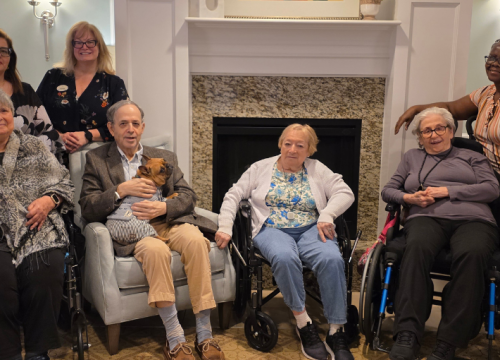

Start 2026 Strong: Simple Resolutions for Better Health



